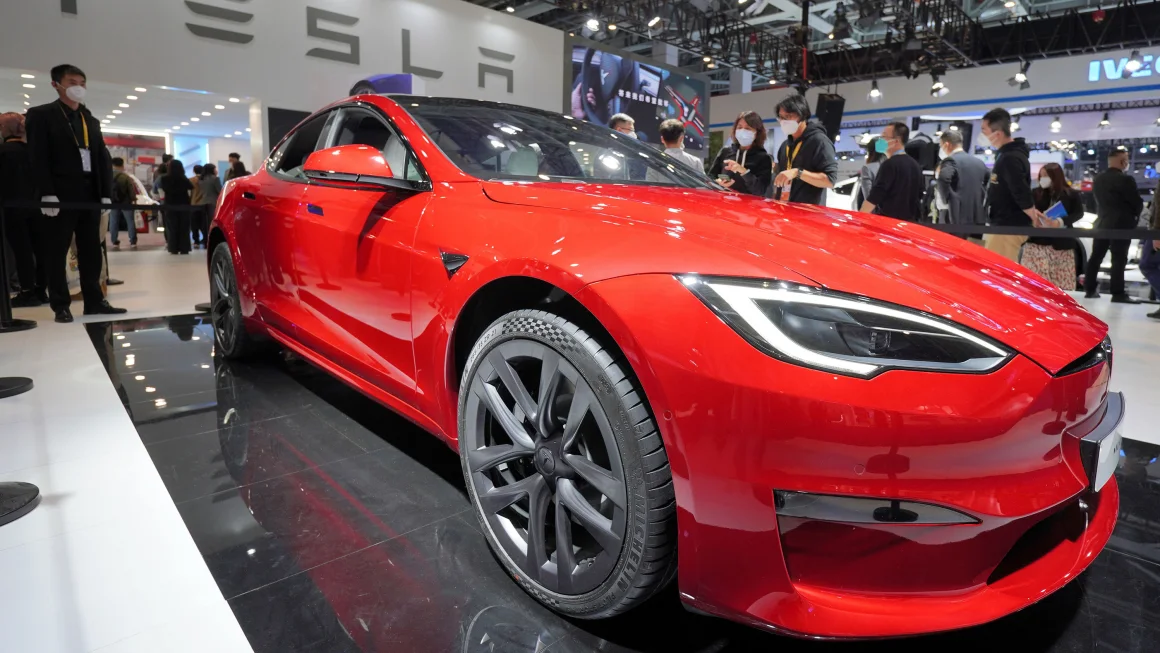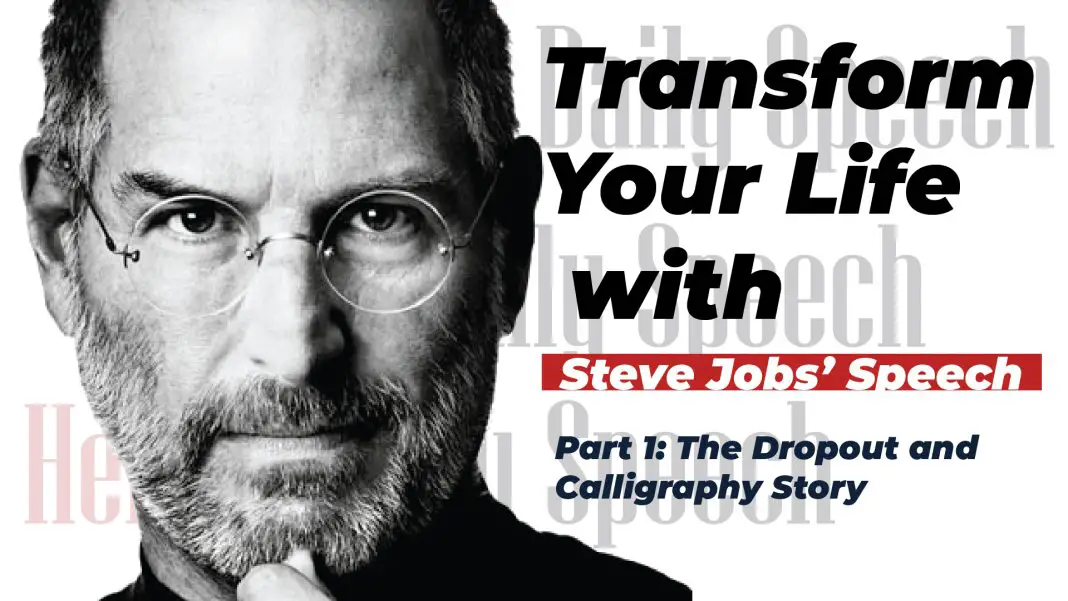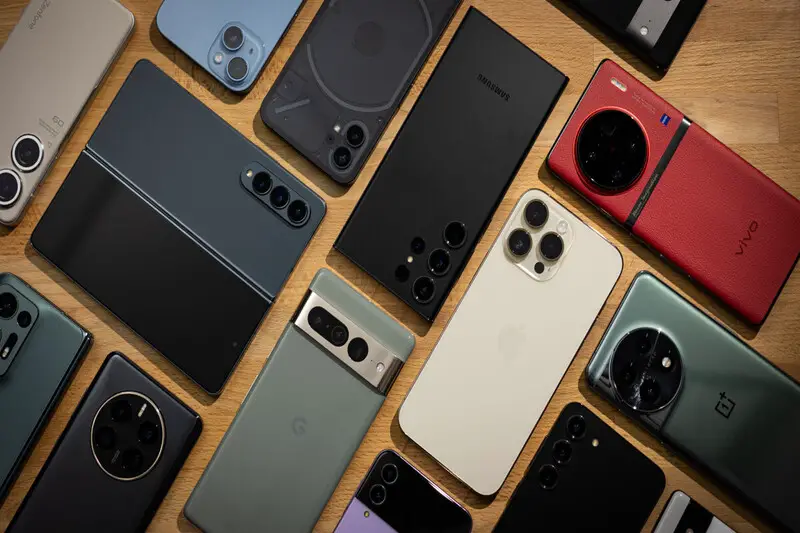Hi everyone, welcome to Helena English Podcast – where we learn real English through real news!
Today’s topic is all about Tesla, China, and the impact of global tariffs.
Recently, Tesla has decided to stop selling two of its high-end models, the Model S and Model X, in China.
Why?
Because of rising trade tensions between the United States and China.
The U.S. has imposed a 145% tariff on Chinese electric vehicles, and China responded with a 125% tariff on American imports.
This trade war has made it too expensive for Tesla to sell some of its cars in China.
In today’s episode, you’ll hear a dialogue between Anna and Ben, as they dive into this issue, share their thoughts, and explore what this means for the future of global business.
Make sure to stay until the end, because we’ll also break down some useful vocabulary and phrases from the conversation.
Let’s get started!

CONVERSATION
Anna:
Hey Ben, have you read the latest news about Tesla pulling some of its cars from the Chinese market?
Ben:
Yeah, I caught that on CNN. They stopped selling the Model S and Model X in China, right?
Anna:
Exactly. It’s all because of the new tariffs between the U.S. and China. The U.S. slapped a 145% tariff on Chinese imports, and China hit back with a 125% tariff on American goods, including electric vehicles.
Ben:
That’s pretty brutal. So basically, the cost of importing American-made Teslas into China just skyrocketed?
Anna:
Yup. That made the Model S and Model X way too expensive for Chinese consumers. It’s hard to compete when your price jumps by over 100%.
Ben:
Totally. And what makes it even trickier is that Tesla has a Gigafactory in Shanghai. So the locally-made Model 3 and Model Y are much cheaper and don’t face the same tariffs.
Anna:
Exactly. It’s a smart move, honestly. But it also shows how vulnerable companies are to geopolitical decisions.
Ben:
True. Elon Musk even criticized the U.S. government. He said the tariffs are hurting American businesses, not helping them.
Anna:
He has a point. A trade war might seem tough on paper, but it ends up being bad for businesses on both sides. Plus, it confuses consumers.
Ben:
And the global supply chain gets even messier. I read somewhere that companies are now rethinking where they manufacture products, just to avoid high tariffs.
Anna:
Yeah, that’s called “supply chain diversification.” Companies are starting to build factories in other countries like Vietnam, India, and Mexico to spread out the risk.
Ben:
That’s smart. But isn’t it expensive to relocate production?
Anna:
Definitely. But for big players like Tesla, it might be cheaper in the long run than paying huge tariffs or losing market share.
Ben:
Good point. I wonder how Chinese consumers feel about this. Do you think they’ll switch to local EV brands?
Anna:
Actually, many already have. Chinese brands like BYD and Nio are growing fast. They offer high-tech features at competitive prices, and now they have a price advantage too.
Ben:
Wow. So Tesla’s losing market share in China?
Anna:
It looks that way. China is the world’s largest EV market, so this could have long-term effects on Tesla’s global position.
Ben:
Do you think this will push Tesla to produce more models locally in China?
Anna:
Maybe. Local production helps them avoid tariffs and stay competitive. But it also raises concerns about intellectual property and technology transfer.
Ben:
True. Some U.S. companies are worried that manufacturing in China could lead to copycat products.
Anna:
It’s a delicate balance. You want access to a massive market, but you don’t want to lose your edge.
Ben:
Exactly. I just hope both governments can work things out. A prolonged trade war helps no one.
Anna:
Totally agree. Meanwhile, for consumers like us, it just means fewer choices and higher prices.
Ben:
Yikes. So much for my dream of getting a Model S in the future!
Anna:
Haha, maybe wait until they sort out the tariffs—or move to Shanghai!
Vocabulary List – Tesla, Tariffs & Trade

1. Tariff (noun)
Meaning: A tax placed on imported or exported goods
Example: China imposed new tariffs on electric vehicles from the U.S.”
2. Supply chain (noun)
Meaning: The entire system of producing and delivering a product, from suppliers to customers
Example: Tesla may have to change its supply chain to avoid tariffs.”
3. Trade war (noun)
Meaning: A conflict between countries where each side imposes tariffs or restrictions on the other’s goods
Example: The trade war between the U.S. and China has affected many global companies.”
4. Manufacturing hub (noun)
Meaning: A central location where many goods are produced
Example: China is a major manufacturing hub for electric vehicles.
5. Relocate (verb)
Meaning: To move to a different place
Example: Some companies are relocating their factories to Vietnam.
6. Market share (noun)
Meaning: The portion of sales a company has in a particular market
Example: Tesla is trying to increase its market share in Asia.
7. Geopolitical tension (noun phrase)
Meaning: Political conflict between countries that affects international relations
Example: Geopolitical tensions can lead to higher tariffs and supply chain issues.
8. Export (verb/noun)
Meaning: To send goods to another country for sale
Example: Tesla exports cars from China to other parts of the world.
9. Diversify (verb)
Meaning: To vary or expand the range of something (like markets or suppliers)
Example: Tesla wants to diversify its supply chain to reduce risks.”
10. Uncertainty (noun)
Meaning: A situation where outcomes are unknown or unpredictable
Example: Economic uncertainty is making companies rethink their global strategies.”
11. Tense (adjective)
Meaning: Nervous or difficult, usually describing a situation or relationship
Example: Relations between the U.S. and China have become tense again.”
12. Investment (noun)
Meaning: Money put into something to gain profit or benefit
Example: Tesla has made large investments in its Shanghai factory.”





